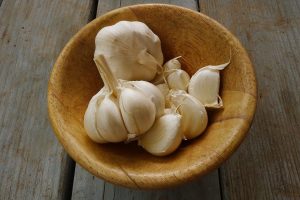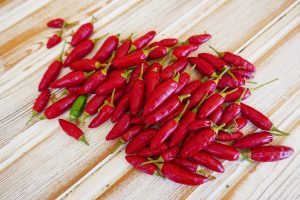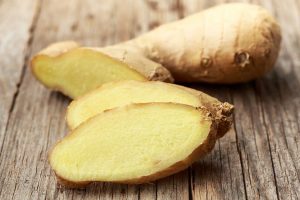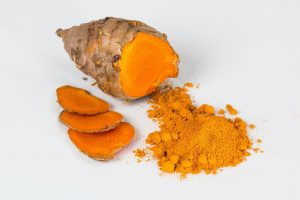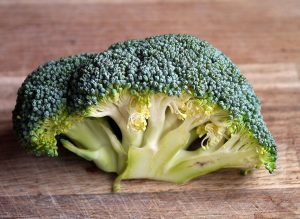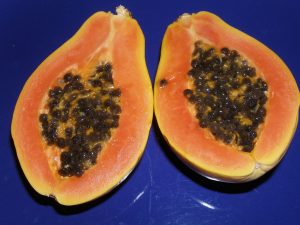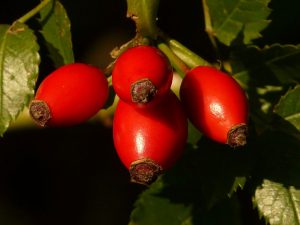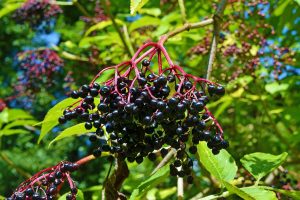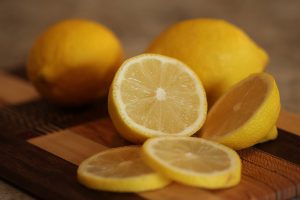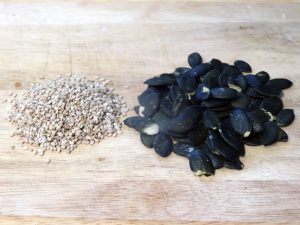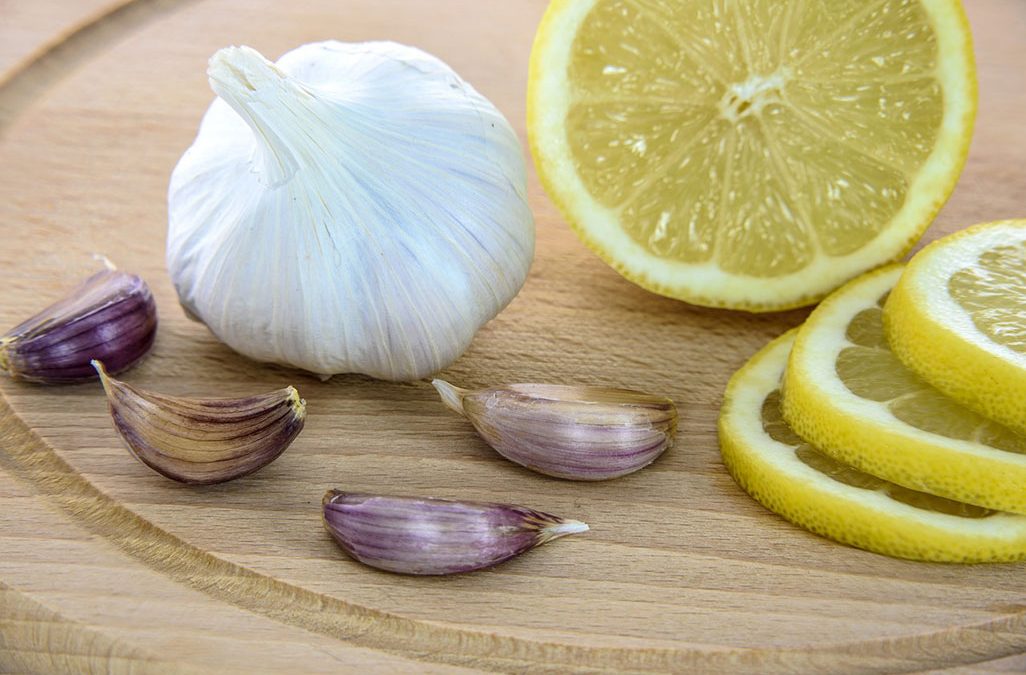
A strong immune system is your best defense
Powerful immune-boosting foods you probably already have in your kitchen.
No matter what bacteria or viruses are floating around, a strong immune system is your best defence. But it is not always easy to keep it topped up. Stress, pollution, or close encounters with bugs that are floating around at the workplace, or in public spaces all contribute to the body’s defence system falling to sub-optimum levels.
Thankfully, there are things you can do to boost your body’s immune response and thus prevent disaster before it strikes. There are three key elements to an effective immune defence strategy:
1) Reduce stress levels
While short-term stress can actually boost the immune response, the daily grind wares it down. Severely. If you suffer from high levels of stress address this problem first. Take more breaks, make sure you sleep enough, try to worry less. Just inch away from that edge. It is called ‘self-care’. Try and extend the forgiveness and compassion you show towards other people also towards yourself. You too deserve a break once in a while.
2) Exercise, preferably out in nature
Exercise is a proven strategy that can reduce stress. But do it for its own sake, not to beat someone else’s or your own record. It should be fun, not stress. Exercising in the fresh air also gets the bugs out, improves circulation and respiration. And it works wonders for mental health.
3) Nutrition
Forget supplements. A nutritious and varied diet with plenty of naturally derived vitamins and minerals is the best support you can give your body. Denaturalised foods (over-processed, fast foods and the like) do not provide the nutrients your body needs. Worse, they deplete and weaken it. Organic foods are your best bet. Try to include smoothies or fresh-pressed juices in your daily diet. It’s a great way to take in a lot of nutrients without having to eat all day.
In the old days, it was customary to fast or at least to restrict certain kinds of foods during Lent, the six week period prior to Easter. During the winter and especially during the holidays, we tend to eat too much, and usually far too much of the wrong kinds of things. Fasting or eating light helps the body eliminate waste matter. Spring cleansing diets were also common. These include plenty of fresh early spring herbs such as Dandelion and Nettles while cutting out meat and animal products for a period of time. Few people follow this kind of regime now, but there are still ways to give your body extra nutritional support during the winter months.
Superfoods
How many times have you heard some exotic thing is THE BEST FOOD EVER, and that for sure it will cure every imaginable human malady? It’s the best thing since sliced bread until the next ‘miracle cure’ comes around. They are usually expensive and come from far away places…Can you smell the rat? Well, truth is, the best foods usually grow right on our doorstep and are neither exotic nor expensive. In fact, you probably have several on your kitchen shelf. Vitamin, A, C, E and D, Iron, Selenium and Zinc are the most important immune system nutrients. But instead of taking them in synthetic form, mixed with a bunch of unidentified filler substance, you would be much better off seeking out natural sources for these vital nutrients. The body often can’t absorb supplements properly, which means that your money often literally goes down the drain.
When there are bugs going around, use common sense: if you know that there is an outbreak in your area, don’t solicit it. Wash your hands frequently and don’t share water bottles and cutlery etc.
Prevention is the best medicine!
Be well and stay well!
Garlic
Some love it, some hate it, but almost no cuisine can do without. And just as well. Garlic is one of the healthiest items we can find in the kitchen. It really is a true superfood, Garlic packs a punch. Like other members of the onion family, it is rich in sulfurous compounds, which aid both the immune system and the cardiovascular system. The trace minerals manganese and selenium are important compounds that help the body in its fight against ‘free radicals’ and against inflammation. It has also been shown to fight bacteria. Including it in your diet on a regular basis is one of the most effective things you can do to improve your diet and to keep your immune system well-nourished.
Chilies
Not everybody can take hot chilies, but those who can attest to its superior power when it comes to sending ’bugs’ packing. It is not just another urban legend, either. Chilies really do fight inflammation. They also provide a good amount of vitamin C and A, which the body needs to fight inflammation. Additionally, they also support the cardiovascular system. They reduce blood cholesterol and triglycerides, and can also reduce blood insulin levels.
Ginger
A wonderfully warming spice with significant anti-oxidant properties, Ginger is a powerful anti-inflammatory. A hot lemon drink spiced with ginger and sweetened with honey is a wonderful, refreshing drink once a cold has set in. The spiciness induces sweating, which in turn can help to lower a fever. As regards the immune-system, Ginger owes its anti-inflammatory and free-radical scavenging effects to its essential oils.
Turmeric
This yellow spice is a well-known component of ready-mixed curry powders. In Ayurvedic medicine, it is much revered as a general tonic and immune-system boosting herb. In India, a drink called golden milk is a popular beverage used to ward off nasty bugs. Turmeric supports the eliminative systems of the body, in other words, it helps the liver to get rid of toxins. However, because it is quite potent in this respect, people with gall bladder obstruction (stones) should avoid it. Turmeric has a very complicated chemical composition and its effectiveness can’t be reduced to one particular component. Rather, it acts as an overall tonic, which also fights free radicals and reduces inflammation.
Broccoli & Co
The cabbage family produces not just one, but several of our healthiest vegetables. Good thing they are so readily available during the winter months when we need them most. Tied for the top position among their peers are Broccoli and Brussels sprouts, especially in the category of ‘highest vitamin C content’. Both of them are also rich in folate, but Kale wins when it comes to vitamin A. At the bottom of the line is, you can’t go wrong if you include these wholesome, nutritious vegetables in your dinner plan as often as possible.
Papaya
Granted. This tasty fruit from Central America is perhaps a bit more ‘exotic’ than the other ones on this list. But I am including it here anyway. If more people realised how incredibly healthy it is they would be fighting over it at the store. Rich in vitamin C and A, Papaya is rocket-fuel for the immune system. It is particularly tasty when sprinkled with fresh lime juice.
Rosehips
Rose hips are the fruit of the wild rose, and one of the richest sources of vitamin C and A. Rosehip tea is a wonderfully refreshing drink for the cold season, although I prefer home-made rose hip syrup. In certain specialty stores, you may also be able to find rosehip jam or preserve. No matter which way you consume them, they are a delicious way to boost your immune system and to help your body fight free radicals and inflammation.
Elderberries
In August you can spot them as small, blackberries that hang in big bunches from the Elder trees. Tiny though they are, they are packed with free-radical scavenging nutrients such as vitamin C and A as well as folate and iron, which help the body combat many different kinds of diseases. In winter, Elderberry syrup is a delicious, comforting beverage during the cold season, especially when spiced with ginger.
Lemons
It is no secret that lemons provide ample vitamin C. They also contain folate. These vitamins support the immune system and fight infection and free radicals. They also help to reduce inflammation. They are wonderfully refreshing and when spiced with ginger, honey, and cinnamon, make a wonderful beverage that can help to lower a fever and soothe inflamed mucous membranes. When taken right at the onset of a cold, at the first signs of a scratchy throat, high doses of vitamin C can really help to reduce the symptoms or even ward off that attack altogether.
Sesame and Pumpkin seeds
Included for their high zinc content, pumpkin and sesame seeds are not only a tasty addition to muesli, or salads, but they also support the immune system. Sesame seeds contain not only zinc but also selenium, copper, iron, vitamin B6 and vitamin E. Selenium is used by the thyroid, the gland that is most involved in producing immune-cells. Pumpkin seeds are also rich in various trace minerals, such as iron, copper, and zinc.

